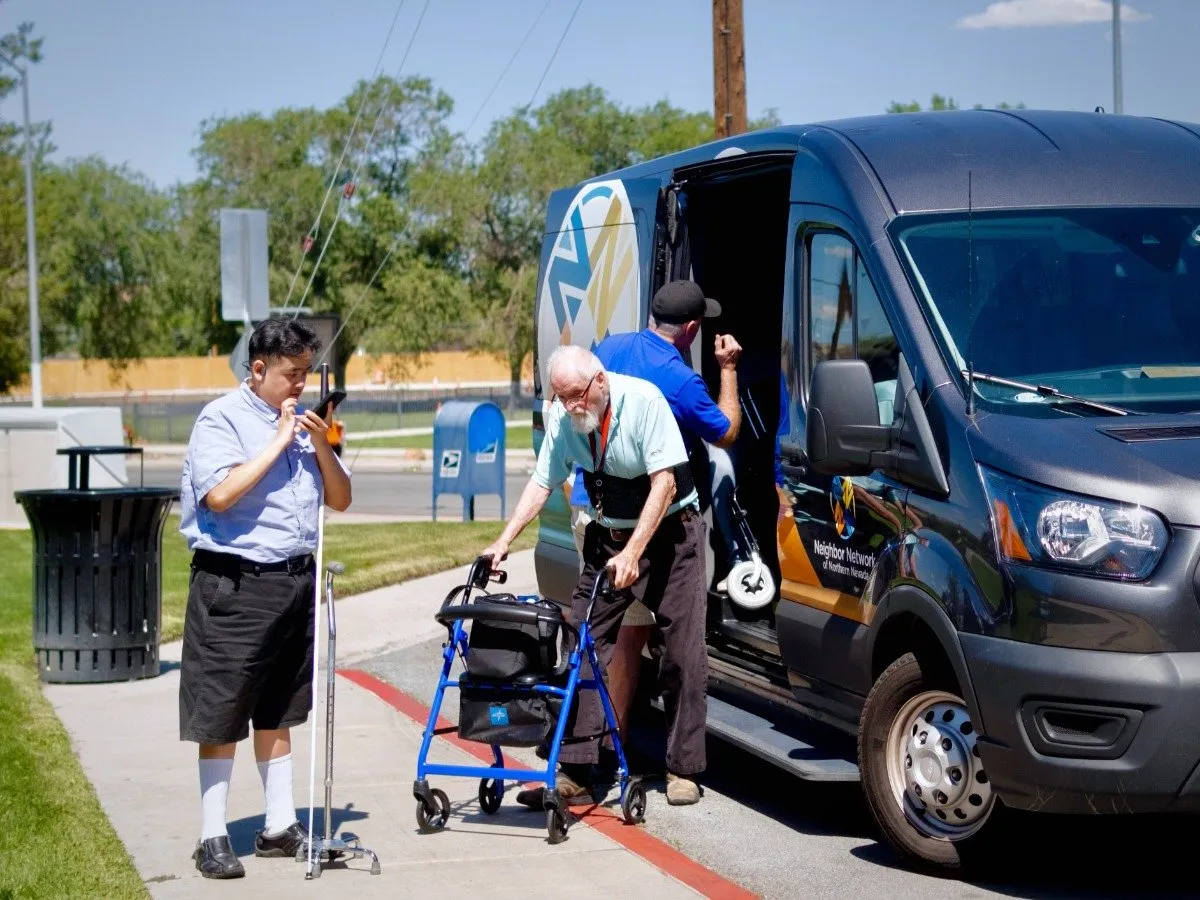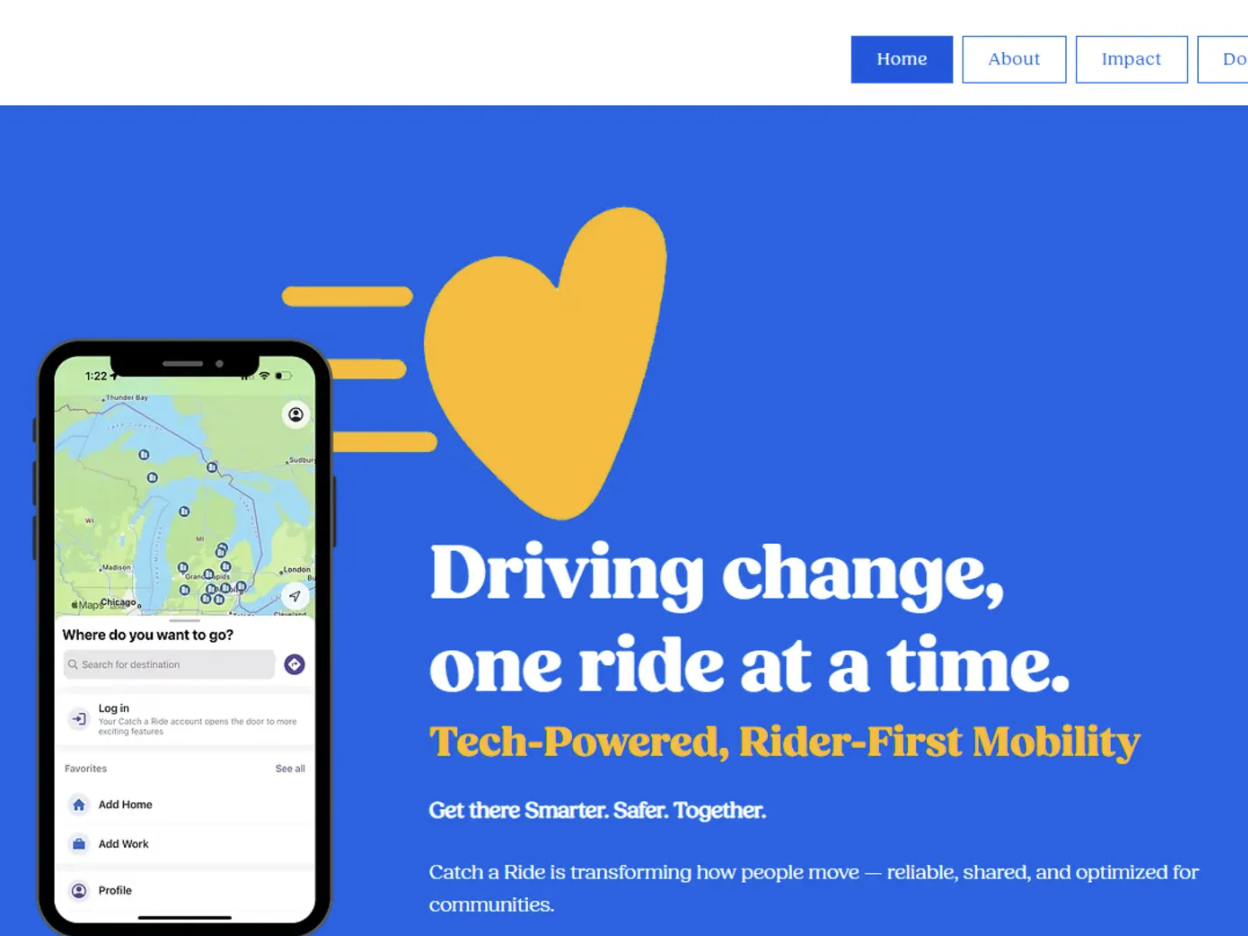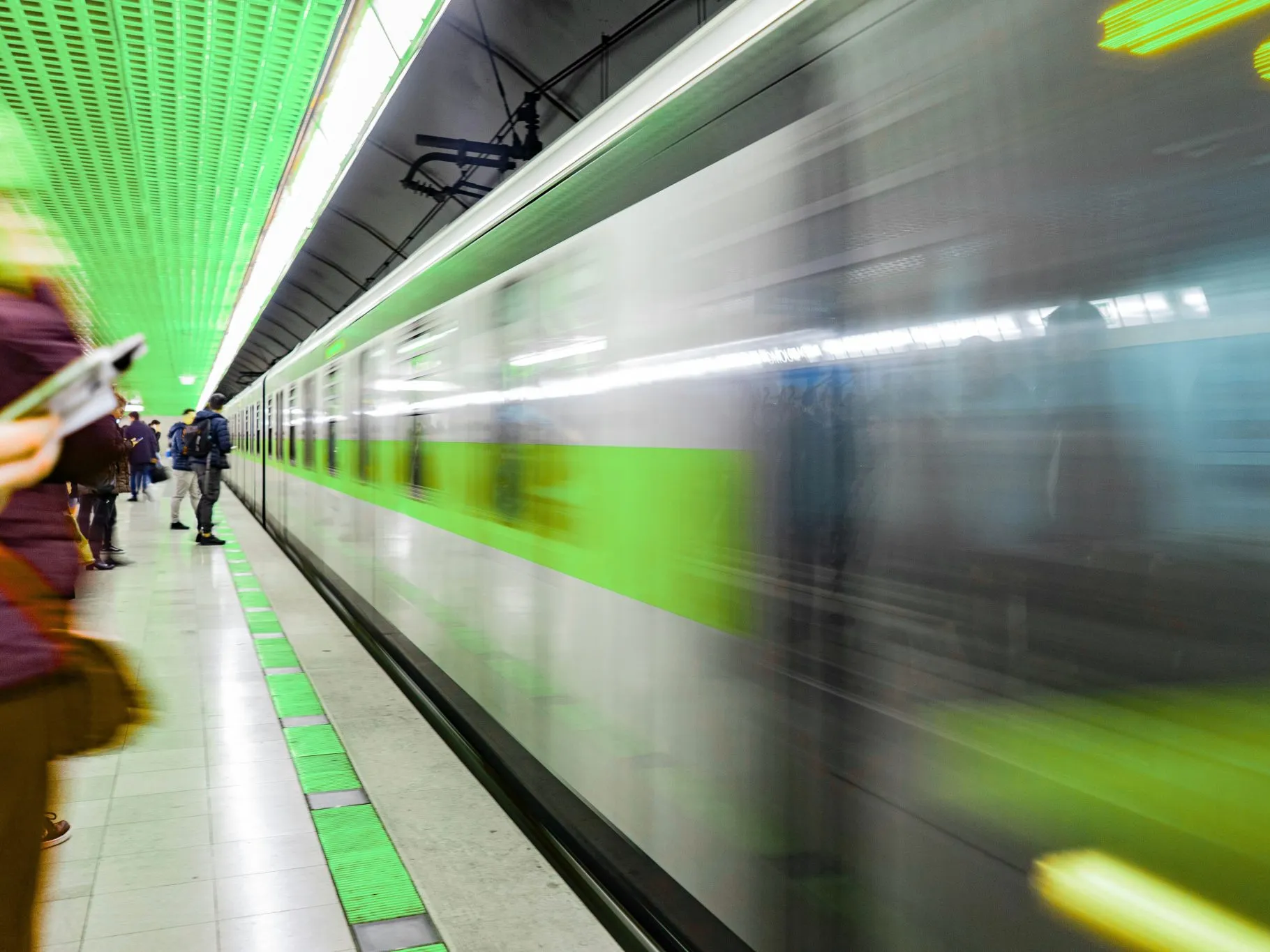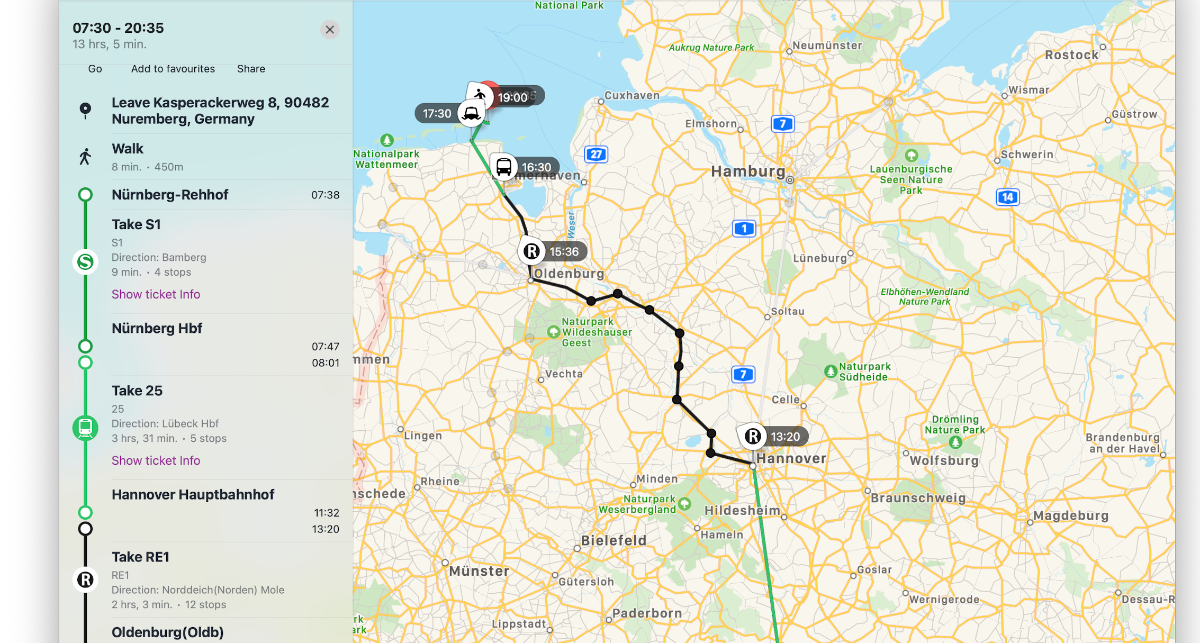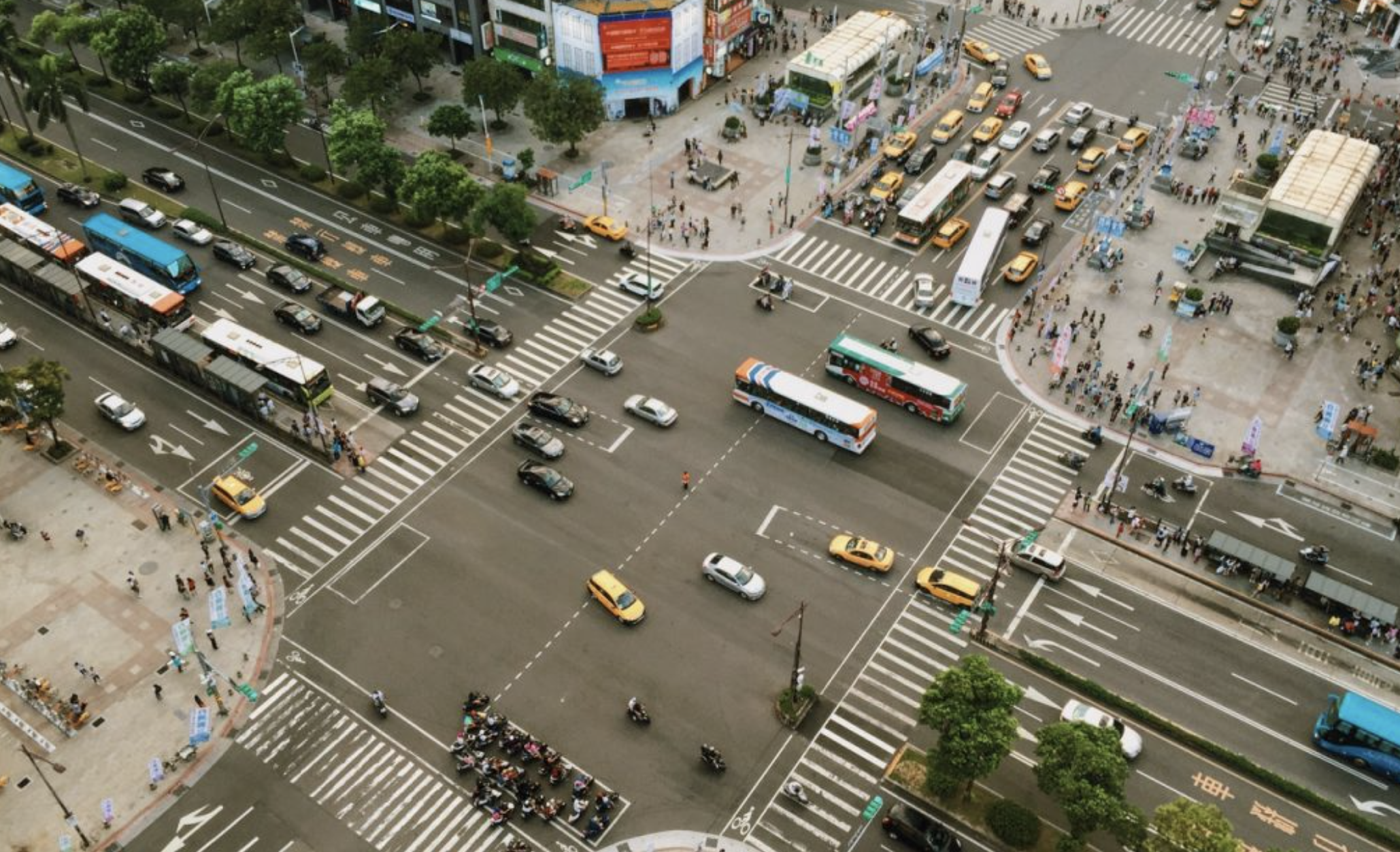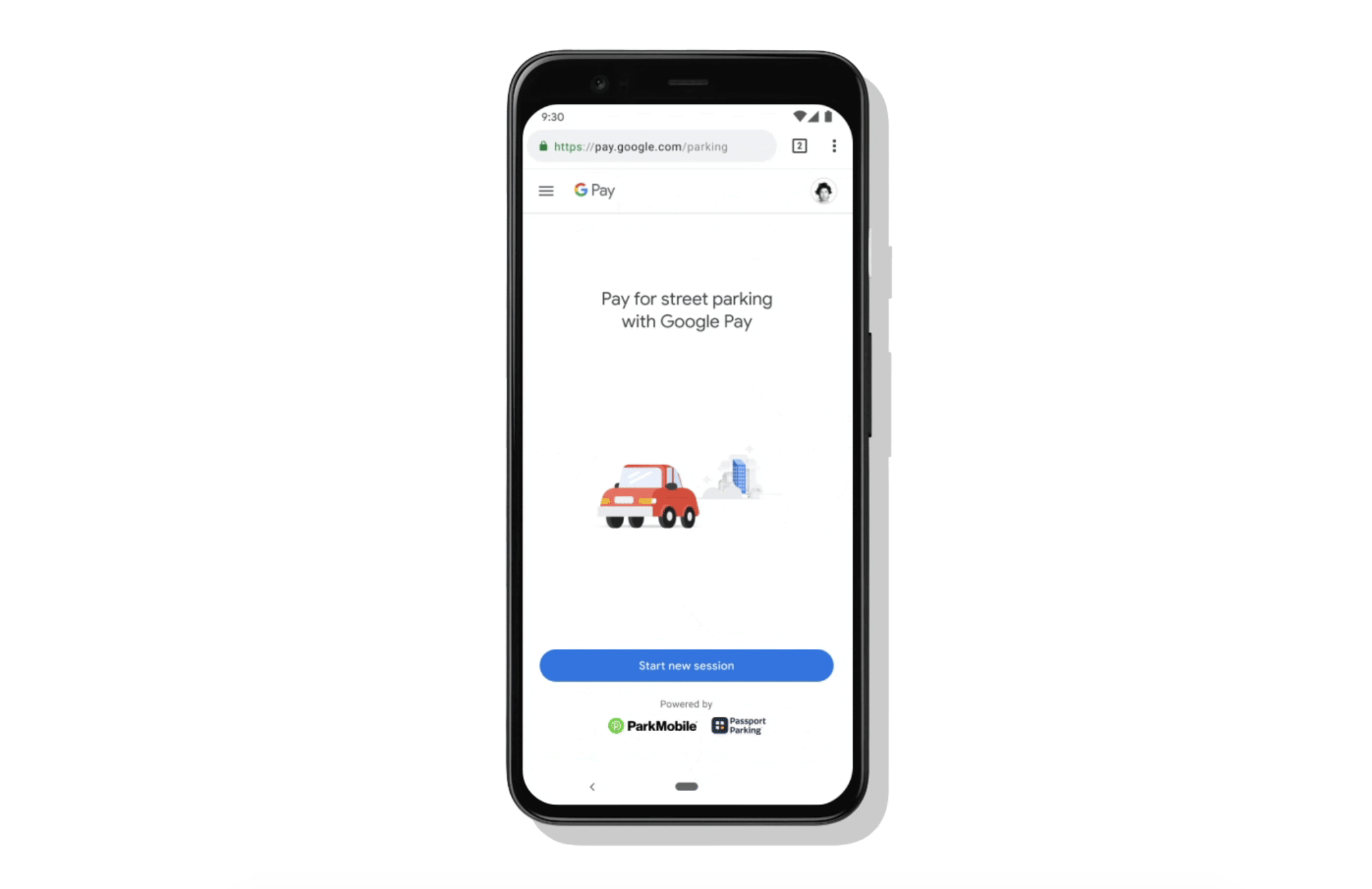Mobility as a Service – Ten Use Cases
Mobility as a Service (MaaS) is a drastic paradigm shift in the transport space, using cutting edge technology. For users, getting from A to B becomes a more fluid, integrated experience. It leads to more health and independence as well as time and money savings. For governments, transport service providers and other organisations in the transport industry it also means a big break from the way things were running in the past, resulting in more efficient use of assets and happier customers.
In our recent ten-part series, we highlighted the many different ways in which MaaS can help to solve travel and transport problems for individuals, organisations and governments. This is a short summary of those use cases. For more information on individual topics, follow the links in the headings.

- #1 – Accessibility
Mobility as a Service makes travel easier for everyone, including people with mental health considerations, sight/hearing impairments and reduced mobility. MaaS apps allow for more independent planning and travel, and make the whole experience as smooth and hassle free as possible. It is quick and easy to plan a barrier free trip in real time, or to see occupancy of vehicles before starting on the journey.
- #2 – Corporate Mobility Budgets
MaaS enables employers to introduce flexible mobility budgets for their employees rather than relying on car fleets. Travel spending data can easily be tracked and analysed, and active travel can be encouraged, benefitting all involved. Further advantages are support of the organisation’s corporate social responsibility policy and reduction of environmental impact from travel.
- #3 – Healthy communities
Active travel leads to more health and lower healthcare costs, as well as fewer emissions and less air pollution. MaaS apps make it quick and easy to incorporate active travel into users’ daily lives. They can also be used to further incentivise users and encourage them to travel more actively, more often.
- #4 – Lifestyle assistant
Due to its ability to make travel seamless and hassle free, MaaS makes it easy to get together for any occasion. The ability to integrate contextual information or promotions for travellers in the MaaS app benefits organisations, transport providers and the users themselves.
- #5 – Better use of available transport assets
The core idea of MaaS is to match transport needs with options available. Keeping an open mind about what this means allows for more flexibility, especially in times of change and unpredictability. Making use of currently underused transport options to move goods or reach underserved communities for example creates revenue where before there was financial loss.
- #6 – Sustainability
Using gamification or incentives can further support the tendency towards active travel that MaaS apps provide (see #3 above). This leads to a reduction in congestion and CO2 emissions.
- #7 – Vehicle optimisation
Mobility as a Service apps that include booking, payment and real-time trip planning and are customisable to the user’s preferences make travelling from A to B quick and pain free. The system can also be used to reduce provider downtime, ensure optimal charging, and through flexible pricing and incentives and help optimise use.
- #8 – Inclusive approach
As mentioned before (see #1 & #5 above), MaaS is for everyone, regardless of ability, gender, income or age. Especially those with low incomes often rely heavily on public transport; MaaS can provide the perfect first and last mile solutions to ensure users get where they need to go.
- #9 – Health and security
A range of health information, like vehicle occupancy or virus hotspot warnings, and safety features, like lighting around the destination and driver profiles, can be integrated into MaaS apps. This helps especially vulnerable individuals feel safe and confident in their travel.
- #10 – Traffic management
MaaS platforms can also provide dynamic data on travel times, speed, traffic flow, congestion and more to transit authorities and transport operators. The system can then be used to spread demand more efficiently, e.g. by adjusting prices and/or number of vehicles, or shifting demand to another mode. Overall, MaaS enables proactive measures to be taken to ensure transport operates smoothly, reducing journey interruptions where possible.
How Can SkedGo Help?
SkedGo provides personalised trip planning, corporate mobility and other mobility-as-a-service technology – for start-ups, corporations and governments. Our senior developer team creates tailored solutions leveraging our unique API.
The result: organisations can rapidly create their own multi/mixed modal MaaS offering, including parking, book & pay features, events and itineraries as well as complete corporate mobility solutions.
Contact us today to talk about custom journey planner and corporate mobility integrations for your audience.
This article was originally published by SkedGo Pty Ltd.



